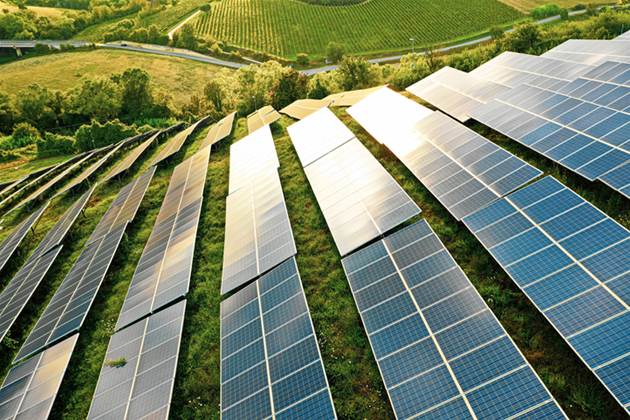Cost savings from smart grid deployments will surpass US$125 billion globally in 2026, growing from $33 billion in 2022, according to a new Juniper Research study.

The study noted that this 279 percent growth will be driven by rising energy prices, with smart grid technologies playing a critical role in increasing network efficiency and optimising resource management.
Smart grids are electricity networks using advanced technologies to monitor and manage the transport of electricity from all generation sources to meet the varying electricity demands of end users.
The smart grid market report, Smart Grid: Key Opportunities, Challenges & Market Forecasts 2022-2027, identified abilities of AI-based analytics as crucial to maximising benefits of new renewable energy sources, by actively balancing load and optimising energy transmission.
The research identified smart grid deployments as key to the decarbonisation of electricity production.
Smart grids will enable energy sources that produce electricity based on external elements, such as solar and wind power, to meet energy requirements more effectively, by actively balancing load and predicting surges in demand and production.
Nick Maynard, research co-author at Juniper Research said, “By leveraging AI, electricity networks can ensure that spikes in demand are predicted and mitigated. Smart grid vendors must focus on enhancing their models to more accurately predict usage patterns to maximise these benefits.”
The research predicts that smart grid deployments will result in an almost 700 million MMT (Million Metrics Tons) reduction in CO2e (Carbon Dioxide Equivalent) emissions globally in 2027; falling from 214 million in 2022.
The report anticipates that this will be central to meeting stringent climate change goals, alongside updating generation capabilities to feature more renewable sources, including wind and solar.
The research recommends that smart grid vendors must develop data ingestion engines that can analyse and interpret structured and unstructured data from disparate sources, including smart meters, network data and weather forecasts, to maximise emission reductions.



_(33).jpg&h=140&w=231&c=1&s=0)
.png&h=140&w=231&c=1&s=0)
_(28).jpg&h=140&w=231&c=1&s=0)





 iTnews Executive Retreat - Security Leaders Edition
iTnews Executive Retreat - Security Leaders Edition
 iTnews Benchmark Awards 2026
iTnews Benchmark Awards 2026
 iTnews Cloud Covered Breakfast Summit
iTnews Cloud Covered Breakfast Summit
 The 2026 iAwards
The 2026 iAwards












_(1).jpg&h=140&w=231&c=1&s=0)



